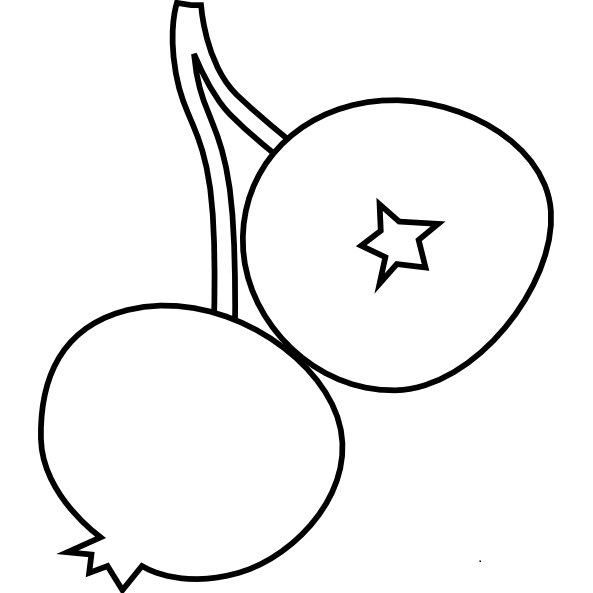The owl whos and Lee’s body opens. We name him Elihu after Lee’s dad. One month later we’re on the back porch under the dogwood, drinking flutes of champagne in the spring afternoon. The yard’s a splash of watery greens from the rain and azaleas skirt the fence, coloring the air bright pink and white and yellow. “I told you I had some Cherokee,” I say.
Lee downs the last of her champe.
“He’s a good-looking clam,” I say, and we eye him snug in the baby swing, squashy and ruddy with all that burry hair. As far as I know, the Cherokee people always had long flowing beautiful hair. The hair of babies, I’ve been told, can be weird. “It’ll straighten out,” I say. “It’ll be like yours. Nobody’s hair is like yours.”
“I’m not complaining,” she says.
“Why would you complain?”
“I’m not.”
“He’s beautiful,” I say.
“I know. Just look at him.”
We are looking at him.
“I wish he didn’t sleep so much though,” Lee says.
“It’s only been a month.”
“Don’t babies cry? Why doesn’t he cry?”
“He’s well behaved,” I say, and I say, “Let’s make a new toast.”
Lee squares her shoulders, and specks of blueberry from the pancakes I made are between her teeth. It’s just blueberry, I think, and I love blueberries. Blueberries are a good thing. I say, “Here’s to our little fuzz buster,” and clink her glass across the table.
Lee sips, and her head, as it has done ever since we came out here to celebrate, turns on its own to look at Elihu. We are both looking at Elihu. Her shoulders start to jerk.
“What is it, Lee?”
“Nothing,” she says, and wipes her eyes with her palms.
“Don’t say nothing.”
“Sometimes I think you are intentionally cruel.”
“Lee.”
“Thanks for ruining my birthday. Is that what you’re trying to do, ruin my birthday?”
“Lee,” I say, and put my hand on her hand. I say, “Look at the beauty out there,” and with my arm present our glowing backyard that bristles with life and color and promise. “Doesn’t the sight of it make you happy? Think how lucky we are to have all this in the world today.”
Lee looks at it all, but looks back to Elihu. “What if it is?”
“Then it is.”
“You brought us there. You were there too.”
“It was an adventure.”
“But I regret it,” Lee says.
“I know you do.”
“And you don’t, but you should.”
I look at him. “When I look at him,” I say, “all I see is a beautiful child.”
“No,” Lee says, and her eyes spill over.
“It’s the pollen,” I say. “When it’s everywhere like this it clogs up the air, you can see it. It clogs up our emotions too, then releases them in little spurts.”
“Just shut up,” Lee says.
I do.
“He’s a fine boy,” I say.
“I didn’t say he wasn’t, goddammit.”
“Look how cute he is,” I say. “He looks like your dad.”
Lee starts up sobbing, not caring, it is what it is and I see that her nipples have begun to seep, as if responding to her eyes, all of her a sad chorus of weeping. Her tank-top soaks through with milk and just now Elihu bawls out. She reaches for him. Her hands wrap around his body, and my heart lurches forth as if to stop her.
